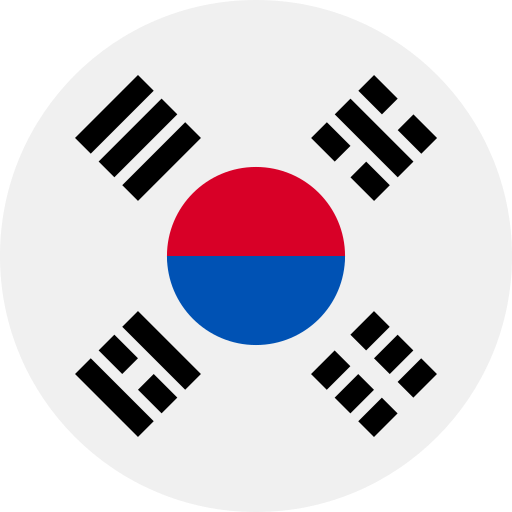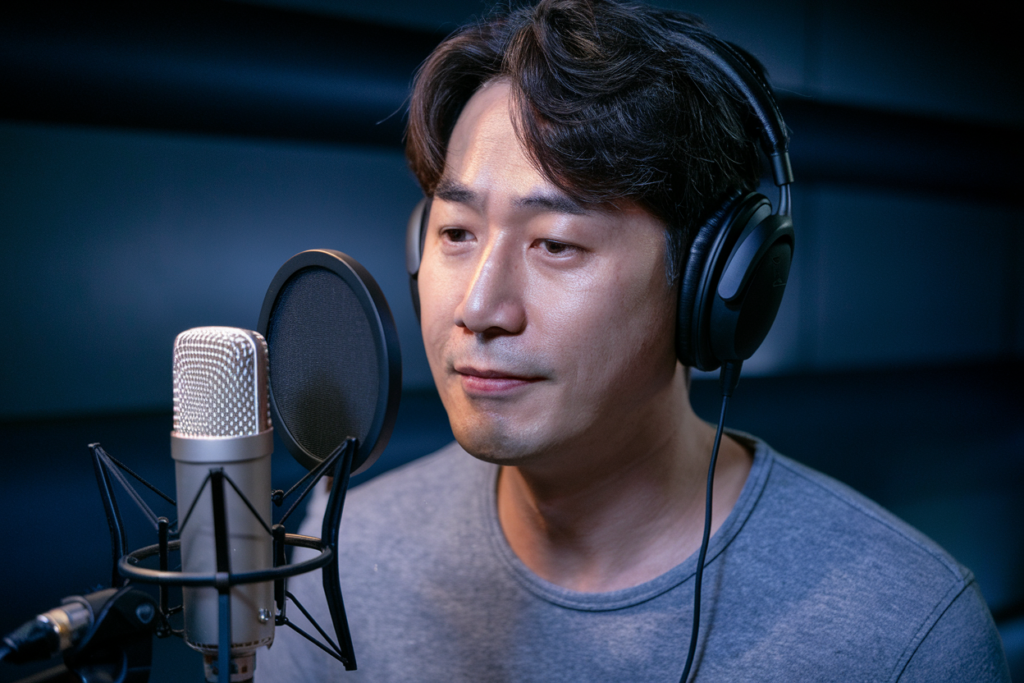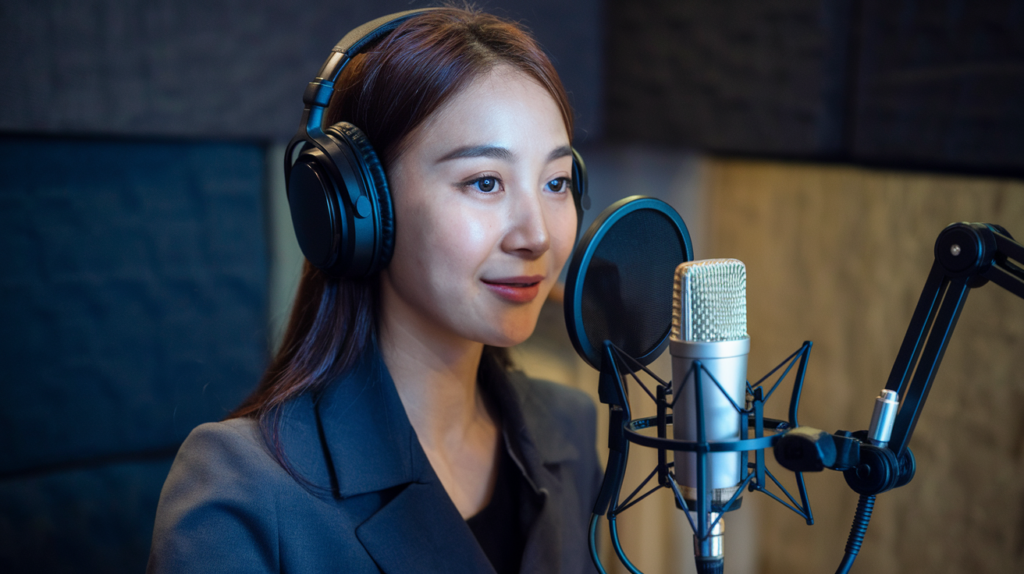In the world of voice-over services, Korean voice-over actors hold a unique position in bridging cultural and linguistic gaps. With Korea’s growing influence in global media, gaming, education, and business, the demand for skilled Korean voice-over professionals is steadily rising.
The Role of a Korean Voice Over Actor
Korean voice-over actors specialize in delivering vocal performances for various types of media, from commercials and animated shows to e-learning modules and video games. Their role goes beyond simply reading lines; they must convey emotions, nuances, and cultural context to connect with the target audience effectively.
Key responsibilities of Korean voice-over actors include:
- Character portrayal: Bringing life to animated characters in movies, TV shows, and games.
- Commercial narration: Delivering persuasive and engaging tones for advertisements.
- Dubbing: Replacing original dialogue with Korean audio in international films and series.
- Corporate content: Voicing training videos, presentations, and tutorials for businesses.
Importance of Language Proficiency in Korean Voice Over
Language plays a crucial role in voice-over work. A Korean voice-over actor must have a deep understanding of both the Korean language and, often, the source language they are translating or dubbing.
Why language proficiency matters:
- Accurate delivery of meaning: Subtle differences in phrasing or tone can change the meaning of a sentence.
- Cultural authenticity: Korean idioms, expressions, and colloquialisms must be rendered appropriately.
- Smooth localization: Content must feel natural and relatable to Korean-speaking audiences.
Accent and Dialects in Korean Voice Over Services
Korea’s linguistic diversity includes various accents and dialects, each tied to a specific region. While Standard Korean, spoken in Seoul, is the norm for most professional voice-over projects, dialects can add authenticity to certain roles.
Common Korean Dialects Used in Voice Overs
- Gyeongsang Dialect: Known for its sharp and rhythmic tone, often associated with regions like Busan and Daegu.
- Jeolla Dialect: Softer and slower, it conveys warmth and friendliness, typical of southwestern Korea.
- Chungcheong Dialect: Balanced and melodic, ideal for portraying rural or laid-back characters.
When Dialects Are Essential
- Period dramas: Recreating historical authenticity by using regional dialects.
- Character-specific roles: Giving unique identities to characters in films or animations.
- Targeted marketing: Reaching local audiences with relatable dialects in commercials.
Industries That Rely on Korean Voice Over Actors
Korean voice-over services play an integral role across various sectors:
- Entertainment: Dubbing for K-dramas, animated series, and international films.
- Gaming: Voicing immersive characters in video games, especially in Korea’s thriving gaming industry.
- E-learning: Narrating online courses and educational materials for Korean learners.
- Corporate: Producing professional voice-overs for marketing videos, presentations, and internal communications.
Qualities of a Skilled Korean Voice Over Actor
A talented Korean voice-over actor combines linguistic skills, acting talent, and a deep understanding of cultural nuances. Key traits include:
- Versatility: Ability to switch between formal, casual, and animated tones effortlessly.
- Cultural awareness: Understanding Korean traditions and modern trends for relatable delivery.
- Technical expertise: Knowledge of recording processes and voice modulation.
Choosing the Right Korean Voice Over Talent
Finding the perfect Korean voice-over actor depends on your project’s needs. Consider factors such as:
- Experience: Look for actors with a track record in similar genres.
- Accent and tone: Match the voice to the target audience and content type.
- Demo reels: Review samples to assess their range and capabilities.
By partnering with a skilled Korean voice-over actor, you can ensure your message resonates powerfully with Korean-speaking audiences, enhancing engagement and connection.







